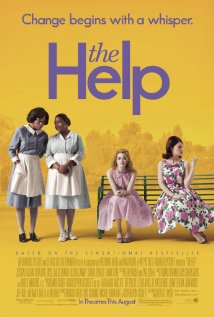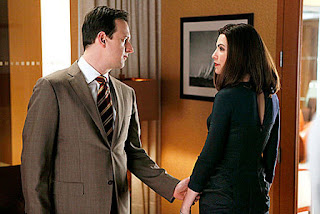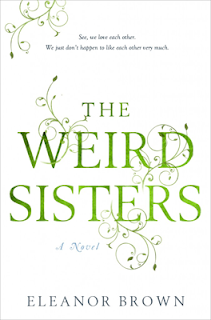I first heard the term “high concept” applied to novels a few years ago and I have to admit, for a time, the idea had me banging my head against a wall. Generally used to describe a film or a television show, high concept is basically a one or two sentence tagline that’s tightly worded and conjures an immediate image in the mind. Take “Snakes on a Plane.” You almost can’t help but smile. Those four simple words practically scream “campy high adventure.” So while I understood the idea of pitching the high concept movie, I wasn’t so sure how high concept translated when talking about books. After mulling it over, I’ve come to the conclusion that there’s really not a lot of difference.
In today’s highly competitive publishing market, it’s not enough to simply write a good book. In order to get your good book read by agents and editors you have to have a hook. And high concept is the ultimate hook. A high concept tagline not only makes your book easier to pitch, it shows that you, as a writer, know the value of marketing.
A high concept pitch has several elements:
A great title
An original idea, or a well-known idea with a new twist
Has universal appeal
Take the following examples. These are recent deal blurbs that I pulled from Publishers Marketplace (an excellent place to find out what is selling and to whom).
Kate Pearce’s The Tudor Vampire Chronicles, a series of vampire romances dealing with the complicated supernatural lives of the queens of King Henry VIII, and the real reasons why some of them survived and some of them died.
This one is a no-brainer. Vampires are extremely hot right now (they have been for some time and it doesn’t look like they are going to go out of fashion) so a vampire romance is a good lead in. But there are a LOT of vampire romances out there. What’s different about this story is the Tudor timeline. It’s not a historical time frame that’s done often in romance. Add in the fact that Showtime’s’ hit series The Tudors have actually made Henry the VIII sexy, and you have a hot, fresh twist on a well-known idea. Plus, it helps that the story of Henry’s wives is something that almost everyone in English speaking countries is aware of. The story hints that paranormal elements are responsible for some of those beheaded queens and I’m instantly intrigued.
Vicky Dreiling’s Confessions of a Duchess: A Matchmaker’s Misadventures, The Bachelor in Regency England (minus the hot tub and camera crew).
I have to admit, the title didn’t necessarily grab me, however, historicals set in Regency England are extremely popular. The term “matchmaker’s misadventures” made me think “fun” which was cemented by the one line blurb: The Bachelor in Regency England minus the hot tub and camera crew. Brilliant!
Todd Ritters’ debut, Death Notice, in which a small town police chief must thwart a serial killer who is sending in obituaries to the local newspaper before the subjects end up gruesomely murdered.
Yuck. I’m creepily grossed out. But who doesn’t love a good suspense novel? There are elements to this story that seem familiar (the serial killer on the loose who thinks he’s clever enough to outwit the cops so he actually sends them clues), but the obituary element seems like a new twist, plus I’m empathetic to the poor small town police chief who has to catch this sicko.
So, while high concept is used to refer to the pitch used to try to sell the book, it also refers to the book itself. When I got the idea to write my Bunco Babes series, I immediately thought “Sex in the City meets Bunco.” I didn’t pitch my story in those exact words, but it was the tagline in my head as I wrote out my synopsis and I think it came through.
Is there a tagline or a short blurb for a novel that has instantly intrigued you? And if so, what was it?
Maria Geraci






